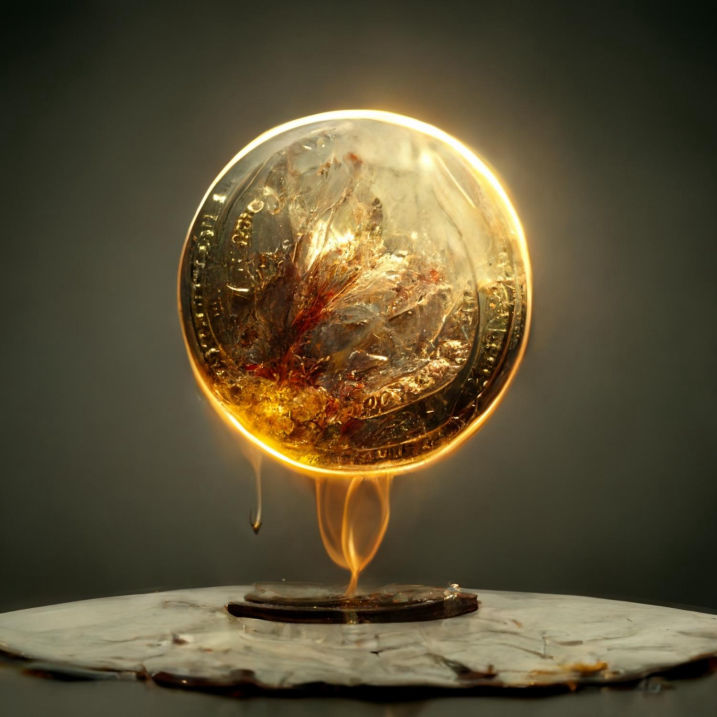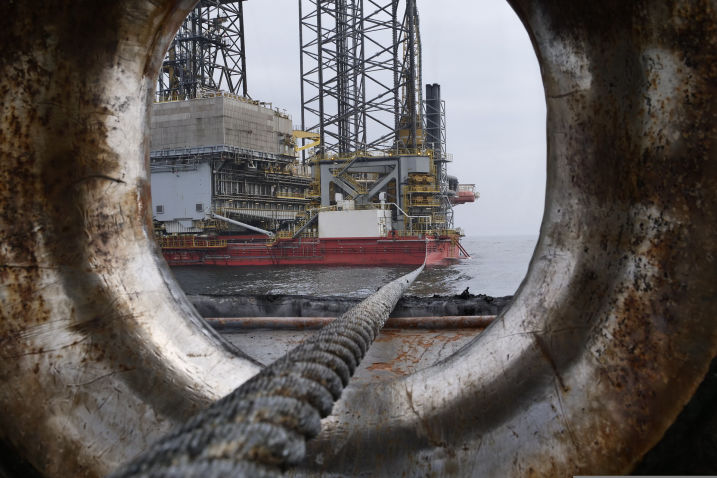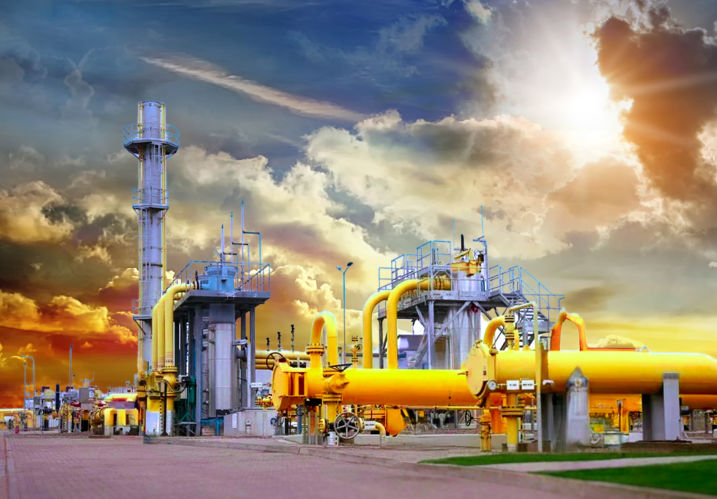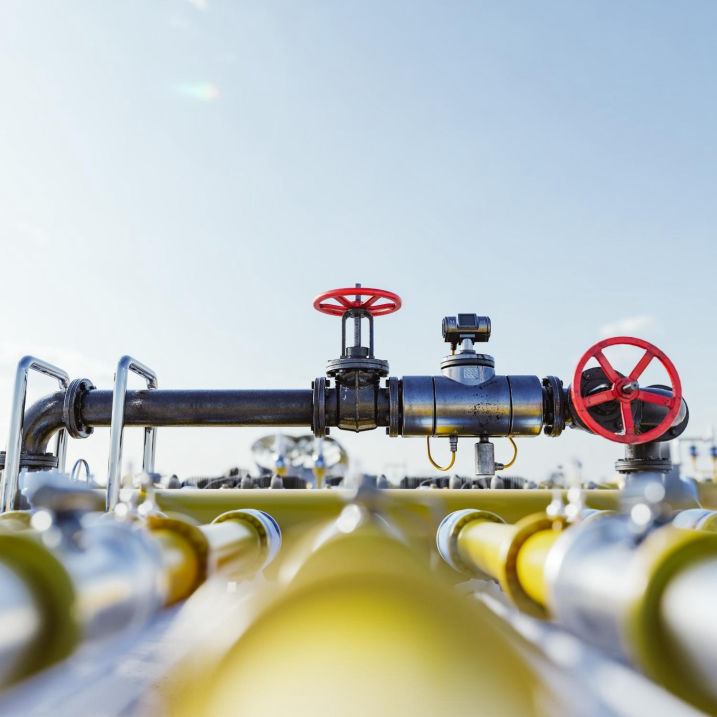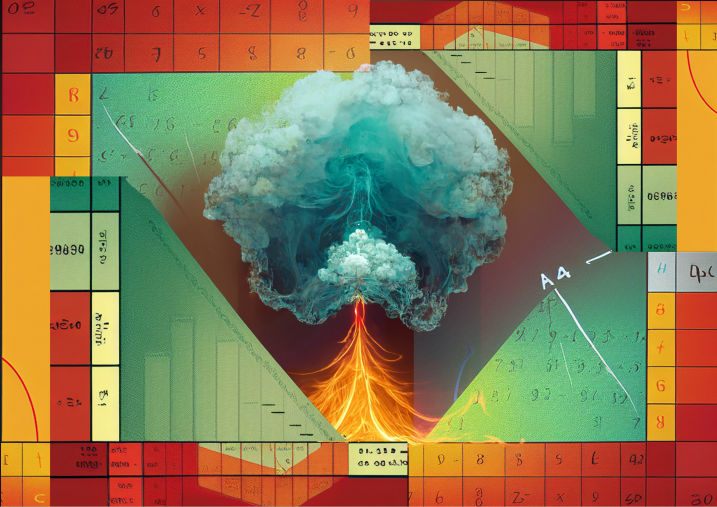Almost all hydrogen today is made from carbon-based materials, with significant CO2 emissions. World production is about 75 million tonnes* of pure hydrogen, plus 45 Mt mixed with other gases and used in industries such as steel and methanol production, both growing steadily.** A small amount is made by electrolysis of water.
The International Energy Agency's (IEA's) Energy Technology Perspectives 2020 in its Sustainable Development Scenario projects global hydrogen production growing rapidly to about 445 Mt for energy use plus 75 Mt for process use by 2070. The 520 Mt hydrogen would be produced 58% by electrolysis and 40% from fossil fuels with carbon capture and storage (CCS). Of the energy demand, 60% is for transport, and of the process used, 60% is chemical and 40% steel production.
Blue hydrogen is produced from non-renewable energy sources, by using one of two primary methods. Steam methane reformation is the most common method for producing bulk hydrogen and accounts for most of the world’s production. This method uses a reformer, which reacts steam at a high temperature and pressure with methane and a nickel catalyst to form hydrogen and carbon monoxide. Alternatively, autothermal reforming uses oxygen and carbon dioxide or steam to react with methane to form hydrogen. The downside of these two methods is that they produce carbon as a by-product, so carbon capture and storage (CCS) is essential to trap and store this carbon.
Green hydrogen is produced by using electricity to power an electrolyser that splits the hydrogen from water molecules. This process produces pure hydrogen, with no harmful by-products. An added benefit is that, because this method uses electricity, it also offers the potential to divert any excess electricity – which is hard to store (like surplus wind power) – to electrolysis, using it to create hydrogen gas that can be stored for future energy needs.
Based on our successful track record in major offshore wind projects, artificial islands, project management and oil, gas and petrochemicals, EP has the right mix of skills and experience to assist you with your Hydrogen project. Specific services tailored to Hydrogen include:
- Hydrogen Projects PreFeasibility and Feasibility Studies
- Hydrogen Conceptual Engineering Study
- Hydrogen Conceptual Safety Study
- SIMOPS studies
- Technical Due Diligence
- Renewables Training Courses
To discuss these or other requirements for your hydrogen project, please contact us info@ep-consult.co.uk
* In thermal terms: 9 EJ/yr, about the same as the thermal output of US nuclear plants.
** International Energy Agency, The Future of Hydrogen – Seizing today’s opportunities, Report prepared by the IEA for the G20, Japan (June 2019)

